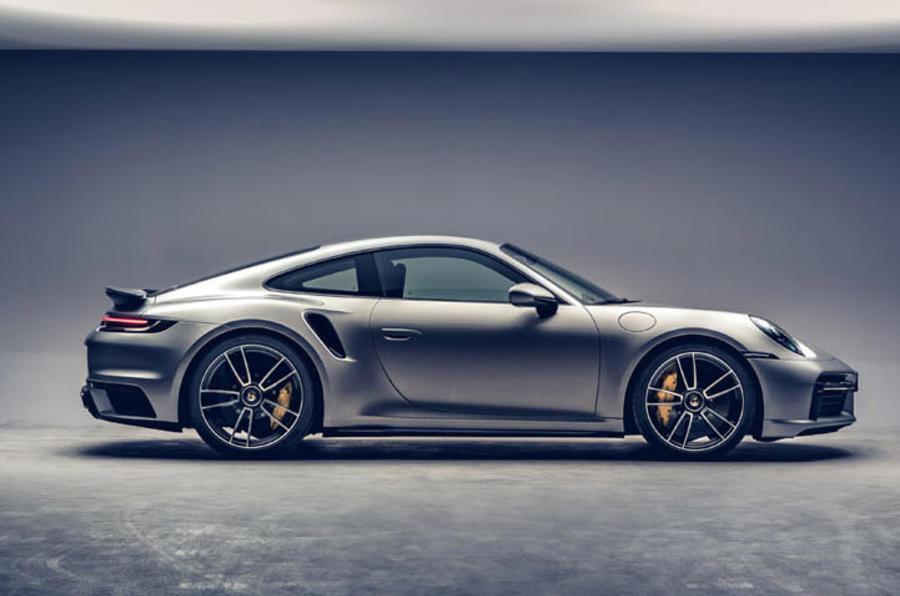An all-electric Porsche 911 will not be produced before 2030 at the earliest, according to Porsche sports cars line director Frank-Steffen Walliser.
"The 911 will be the last Porsche to become electric," he told Autocar, "coming hopefully after my retirement so I'm not responsible any more and no one can blame me… I will fight to let the 911 keep its gasoline engine."
He also distanced himself from recent speculation that a hybrid version of the 911 is waiting in the wings. "It’s really difficult to do with the 911 and the way it is packaged. We want to keep it as a 2+2, we want to keep decent trunk space and we don’t want to destroy the shape of the 911.
"Also, I am not ready to put that amount of additional weight into the car. If you wanted to make such a car, it would be easier to make a completely new car." Given the seven-year model cycle of each 911, this implies that a hybrid version will not be introduced before 2026 at the earliest.
More immediately, Walliser is intent on turning around the reputation of the just-launched flagship 911 Turbo S as being the fastest but not the most enjoyable of the 911 range. "We are aware of the feedback and have taken steps to address it."

As a result, and in addition to the extra power of the new model, its lowered suspension and stiffer springs, Porsche will later this year introduce as an option a new lightweight version. "It will be a package the customer can choose, made up of some our lightest parts and also looking at areas like sound insulation. It’s a number of small bits and pieces but together they add up," Walliser said.
Asked if that included measures like removing the rear seats and replacing the glass with polycarbonate, Walliser said: "We are going in that direction."
The lightweight package will also be available on more affordable Carrera and Carrera S models, which may well preclude the need for a ‘T’ version later in the lifecycle. Walliser insisted that the Carrera T version of the 911 was well received but that it didn’t spend sufficiently long enough in the marketplace for Porsche to know for sure whether it should become a permanent fixture of the range.













Join the debate
Add your comment
Mechanical layout of 911 is stupid ...
... which perversely has always made it great, with so few competitors. The rear engine resulting in usable +2 seating and a front boot of reasonable capacity.
Other configurations of mid and front engine cannot compete, especially as now front engined performance cars are front mid-engined resulting in token, if not useless, +2 seating.
But how the heck do you package it as a BEV? You can’t hang the battery mass behind as it’d be more lethal than it even used to be. Is the wheelbase long enough to fit enough cells for decent range and performance - prob not. And you can’t put them up front and compromise the boot capacity and hence it’s usability.
The Taycan is currently the best of what you can do to create a performance BEV coupe, it’s just that current battery power density means you have to make it long enough to fit enough batteries in and hence it becomes a 4 door.
I can see why he’s kicking the can down the road as hard as he can ...